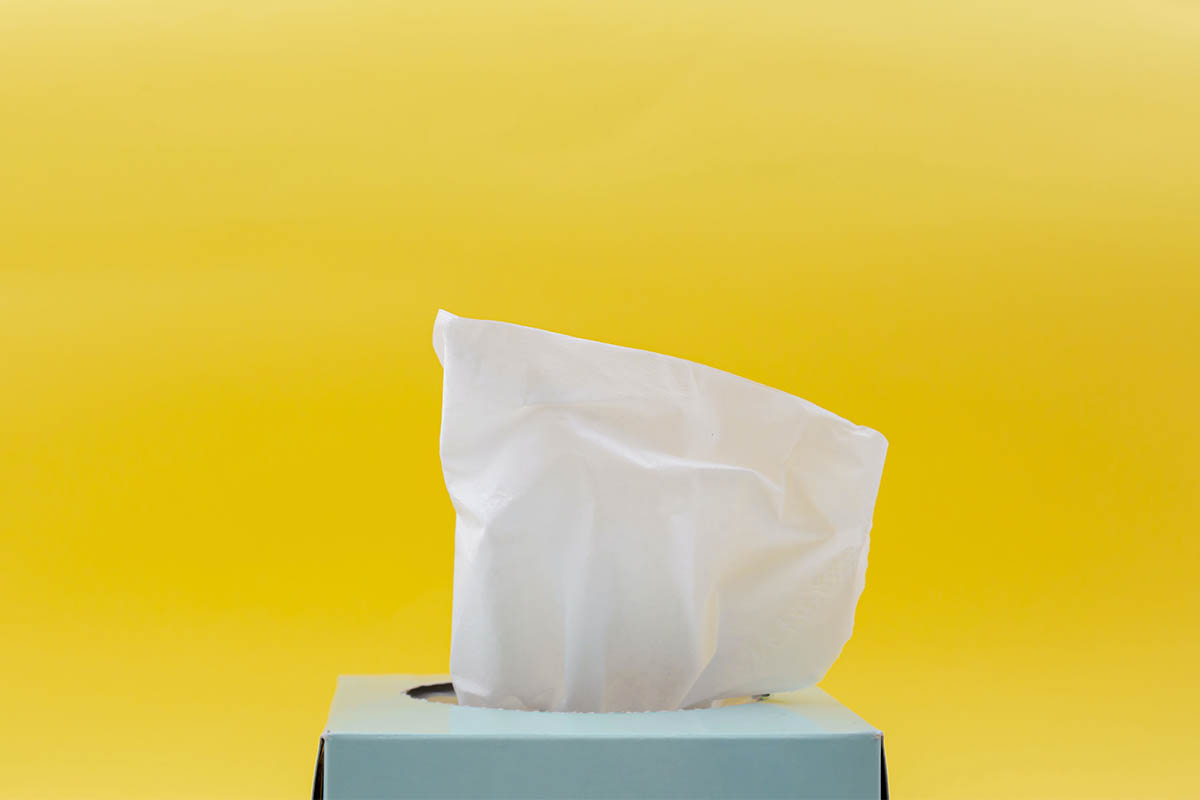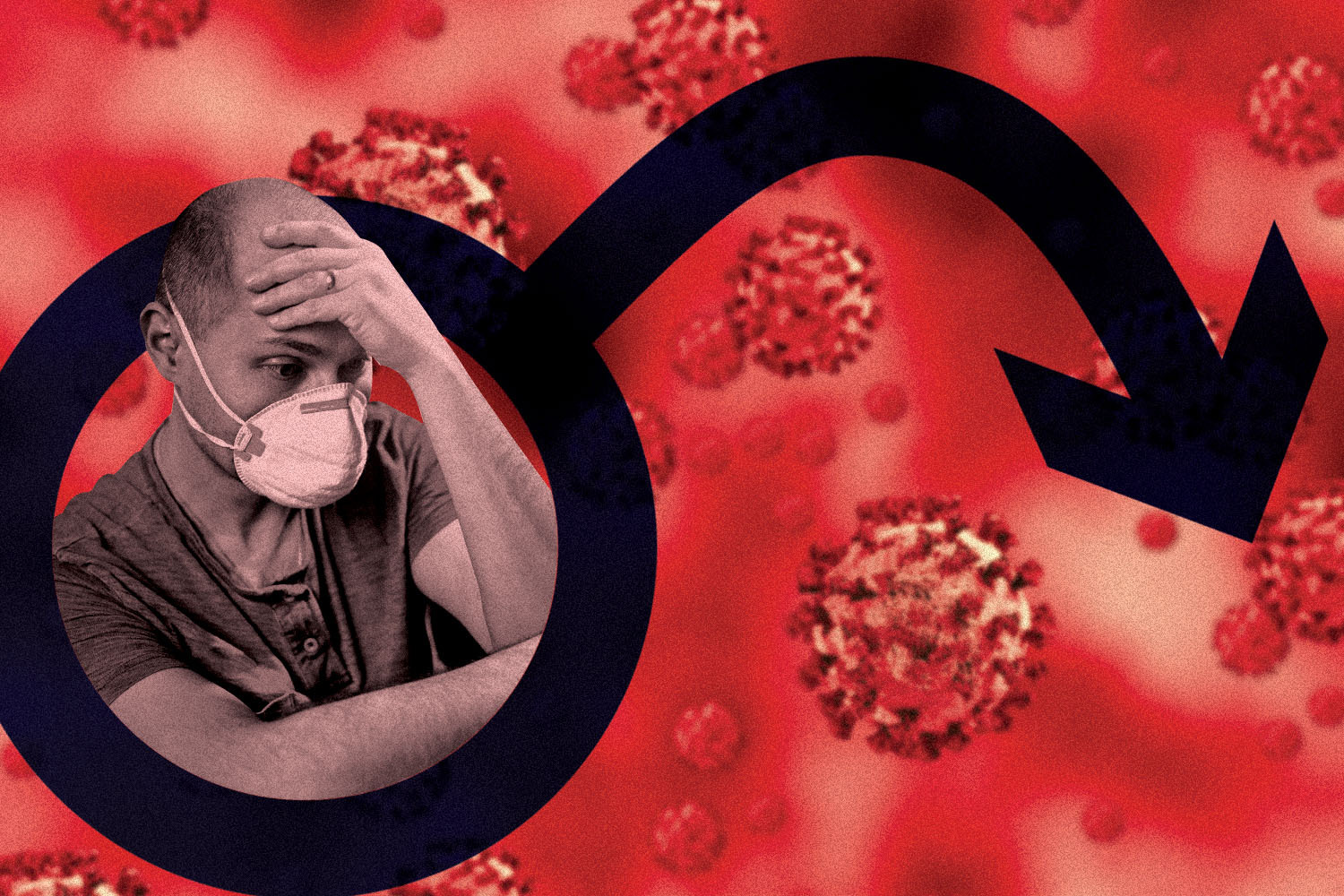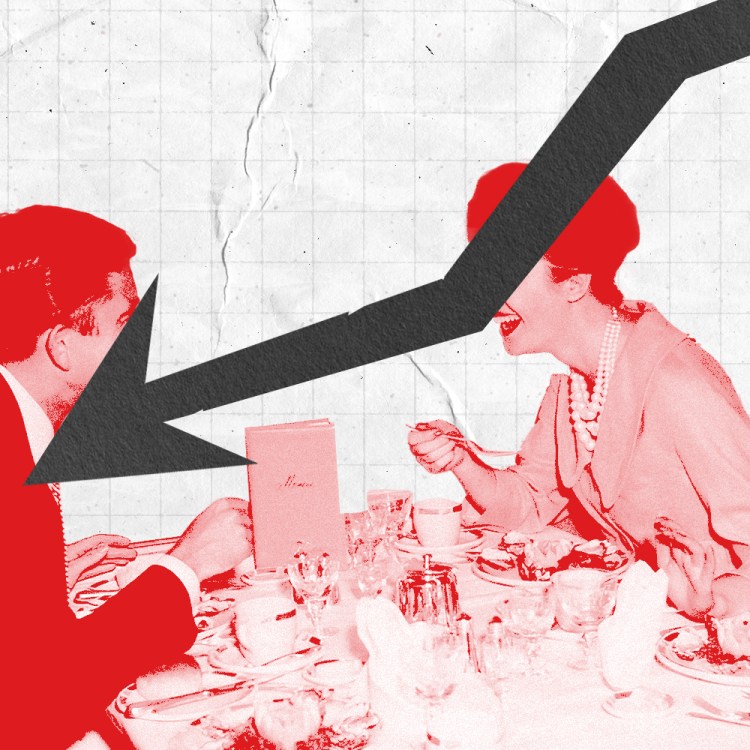In the last few days, people on Twitter are reporting that they haven’t been sick for nearly a year. They aren’t referring to the current pandemic, but everything else. The flu. The common cold. The search term “haven’t been sick” is picking up steam as the world realizes the phenomenon isn’t just personal, or anecdotal — I legitimately can’t remember the last time I blew my nose — but in lockstep with a global dip in respiratory viruses not named COVID-19.
A recent study conducted by the University of Oxford determined that the flu has dropped by 95%, bringing it to levels not seen in 130 years. It’s fair to say that the flu (for this season, at least), has been wiped out. The Atlantic recently visited Mayo Clinic in Minnesota, where the lab has run 20,000 flu tests and registered zero positives. This trend is repeating itself across the country and planet. The positivity rate for flu cases over 2020-2021 currently stands at 0.2% — during 2019-2020 it soared to 30%.
What’s going on? Our emergency response to the COVID-19 crisis is having an unintended, though very much welcome, impact on stopping the spread of other respiratory viruses. Every year, medical professionals remind people to get their shots, wash their hands, stay home when they’re sick. We don’t listen. We rely on previous vaccinations to help shrug off whatever virus comes our way. We show up to work to prove we’re worthy employees. We travel. (Flu viruses have extensive frequent flier mileage.)
But our good behavior these last 11 months — which includes new wrinkles like face coverings and social distancing — has completely changed the game. Children, usually little vectors for the flu, have gotten used to remote learning. And people in general are highly attuned to the day-to-day feel of their body, for fear of contracting something much worse. In short, people are taking care of themselves.
Even with all that effort, we’re still struggling to tame the coronavirus — especially as new, aggressive variants spread. But that can be boiled down to a biological difference in transmission rate. The flu is much less transmissible, and the societal changes we’ve instituted appear to be overpowering against its spread.
The flu will come back, in a different form, as it always does. They’re already working on the latest vaccine for it. And it’s likely that once we reach the end of this pandemic (however unofficial that ending may be), certain people will never want to see a mask again. But finding some sort of sanitary middle ground, between our old, handshakes-all-day ways, and the current world of isolation, could keep leading to more “haven’t been sick” tweets. In an age of disagreement, those are tweets we should all be able to get behind.
Subscribe here for our free daily newsletter.
The Charge will help you move better, think clearer and stay in the game longer. Subscribe to our wellness newsletter today.
















